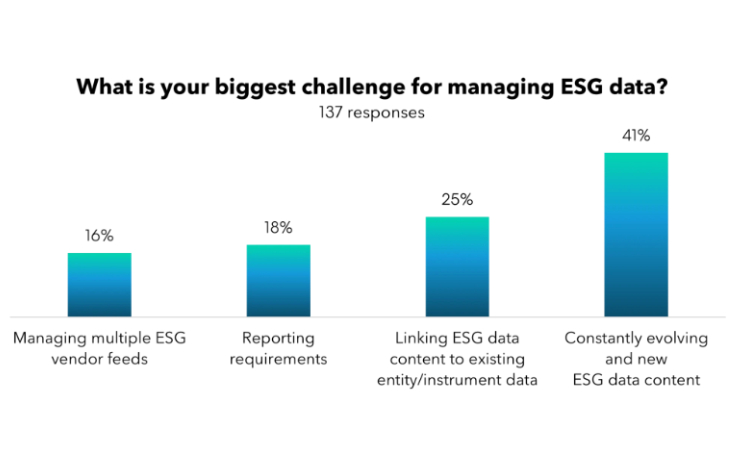Over the past five years discussion around the role of Environmental, Social and Governance (ESG) in credit risk has become a sticking point with qualitative considerations and forecasts becoming material in risk analysis. A report by Macquarie Group has shown that securities with low ESG scores generally show greater volatility returns than securities with high ESG scores. The United Nations Principles of Responsible Investment (UN PRI) have a signatory list for ESG in Credit Ratings Statement now supported by over 130 investors (US $26trn in AUM) and by 16 credit rating agencies[1]
As Macquarie mention, securities with a low ESG score averaged a standard deviation score of 32.4, whilst securities with a high ESG score averaged a 26.9. This difference is most notable with BBB rated securities, with a +15.5 difference in standard deviation score between the highest and lowest ESG scores. Based on these differences, ESG scores of securities can be a tool of assistance when determining potential return volatility, and a flag for further investigation from credit analysts.[2]
The Macquarie Group also states the governance aspect of ESG ratings in securities to have already been properly priced, and that no alpha returns remain to be extracted. This is because governance has traditionally been a factor of assessment in credit risk analysis. Outside of governance, the benefits of delving into company’s environmental and social information (other than those used in public scores) will deliver better returns for investors whilst also strengthening their portfolio with ESG characteristics.
Variable factors will also play a role in measuring the effect of social and governance levels of risk, such as an entity’s sector, geographical location and characteristics of the instrument. S&P mention in the two year period from 2015 to 2017 there were more than 1000 corporate ratings for which an environmental or social factor was an important element in their rating analysis.[3]
The key factors investors are looking to see ESG addressed by corporates and projects consist of:
-
Incorporate ESG factors into investment analysis & decision making processes;
-
Seek appropriate disclosure and transparency on ESG issues;
-
Reporting on activities and progress towards implementing ESG risk management processes.
As sustainability reporting becomes an essential requirement for businesses to attract investors over time, technology and availability of data will become more accessible to businesses of all sizes and market capitalisations. New models for ratings will also begin to mature, and quantitative ESG ratings will shift from avoiding risk to capturing opportunity. Due to the long-term nature of ESG risks, combining ESG information with a fundamental analysis particularly compliments buy-and-hold strategies, with their concerns about bond liquidity and issuers’ strategic and business risks.
[1] https://www.unpri.org/credit-ratings/statement-on-esg-in-credit-ratings/77.article
[2] https://static.macquarie.com/dafiles/Internet/mgl/global/shared/sf/images/corporate/asset-management/investment-management/understanding-esg-in-credit-portfolios.pdf?v=3
[3] https://www.spratings.com/en_US/products/-/product-detail/our-approach-to-esg-in-rating
Contact us to discuss how your organisation can reduce ESG risks, create an effective ESG strategy, reduce their carbon footprint and better manage ESG risk in your supply chain.










